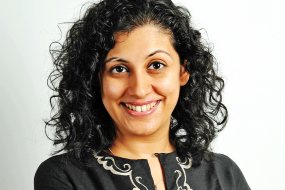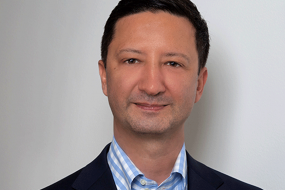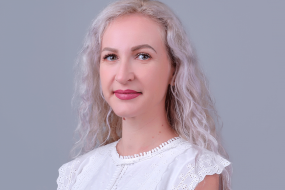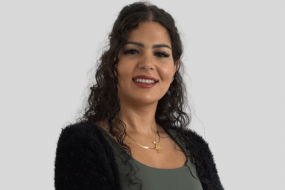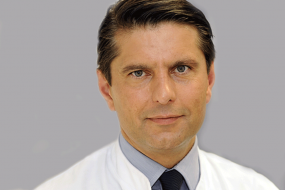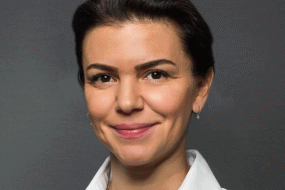Epilepsy Treatment: Epilepsy Symptoms, Causes, Types & More

Epilepsy, Convulsions, Seizures, Fits
Epilepsy, Convulsions, seizures or fits are some of the most common neurological disorders, with an annual incidence of 35 to 52 cases per 100,000 persons. It is a central nervous system disorder that affects the nerve cell activity in the brain characterized by the presence of recurrent, unprovoked seizures.
The patient has a propensity to manifest recurrent episodes of disturbed behavior symptoms and sensations, including loss of consciousness. Seizures or convulsions can have profound physical and psycho-social consequences. However, one single seizure or fit does not indicate Epilepsy.
The disease can only be diagnosed if there is an underlying tendency toward recurrent, unprovoked seizures or fits.
Causes
Epilepsy has no identifiable cause in about half of those with the condition. Specialists speak about symptomatic Epilepsy if they identify a cause like a brain tumor. The most common causes of Epilepsy include:
Causes
• Genetic influence
• Congenital abnormalities
• Antenatal or perinatal injury
• Infections such as meningitis, AIDS and viral encephalitis
• Cerebral tumors
• Traumatic brain injury
• Vascular causes (eg, stroke, vascular malformations, cerebral venous thrombosis)
• Inflammatory conditions (eg, vasculitis)
• Alzheimer disease, multiple sclerosis, and other neurodegenerative disorders
Signs & Symptoms
Specialists differentiate between focal or generalized seizures, based on how the abnormal brain activity begins. A focal seizure is characterized by an abnormal activity in just one area of the brain and it could include the loss of consciousness. Generalized seizures are…
Generalized seizures are the most common seizures and involve all areas of the brain and could include symptoms like staring into space or subtle body movements, stiffening of the muscles, a loss of muscle control and an abrupt loss of consciousness, body stiffening and shaking, and sometimes loss of bladder control or biting the tongue.
The general signs and symptoms of a seizure may include:
• Temporary confusion
• A staring spell
• Uncontrollable jerking movements of the arms and legs
• Loss of consciousness or awareness
• Psychic symptoms
Patients may experience an “aura” just before the seizure starts. They may feel “strange”, dizzy or nauseous and can experience changes in mood, visual perception, auditory perception or unspecific symptoms.
Classification
Epilepsy or Seizures are classified as (ILAE):
Generalized seizures
• Tonic–clonic (in any combination) seizures
• Clonic seizures
• Tonic seizures
• Atonic seizures
• Myoclonic seizures
• Myoclonic seizures
• Myoclonic atonic seizures
• Myoclonic tonic seizures
Absence seizures
• Typical
• Atypical
• Absence with special features
• Myoclonic absence
• Eyelid myoclonia
Focal seizures
Unknown seizures
• Epileptic spasms
Diagnosis
Diagnosing Epilepsy is a three-step process involving clinical identification of a possible seizure, consideration of differential diagnoses, and classification of the seizure. The Neurologist will…
The Neurologist will test behavior, motor abilities, mental function and other areas to diagnose the condition and determine the type of epilepsy the patient may have. Moreover, the examination include a blood test, an EEG (Electroencephalogram) and a neuropsychological tests, in which the Neurologist assess thinking, memory and speech skills of the patient to determine which areas of the brain are affected.
Treatment
Most people with Epilepsy can become seizure- or fit-free by taking one anti-seizure medication, called anti-epileptic medication.
The treatment of Epilepsy involves…
The treatment of Epilepsy involves first the establishment of the correct diagnosis and the identification of the syndrome/seizure type. In the second step the Neurologist will determine if medication is necessary and the last step will be to select the right medication. The selection of the right medication is very complex and needs to be individualized on the basis of the type of Epilepsy, patient characteristics and coexisting medical and psychiatric conditions.
However, due to the drug development of recent years there are very efficient possibilities to treat patients with Epilepsy so effectively that the majority can lead an entirely normal life without any seizures or convulsions at all. In severe cases neurosurgical interference may offer help.
© GNC, German Neuroscience Center Dubai (Neurology, Psychiatry, Psychology, Counseling, Dubai, UAE)
Our Team Of Experts
Since more than ten years GNC is the leading clinic for Neurology in the UAE. All our Epilepsy experts are German Board Certified and have minimum professional experience of 25 years. If you are searching for the most trusted Epilepsy experts, you came to the right place.
We can also help you with the best psychologist, psychiatrist and psychotherapist available in Dubai, UAE.
99% of patients would recommend this clinic. See the full patient satisfaction survey here…
Testimonials
``The doctor is the best and everyone's very helpful``
``Excellent doctor``
``I am thankful for the service.``
``Being able to have blood tests and EEG done at the clinic itself was very helpful and convenient. This also allowed my doctor to have fast access to the test results.``
``I'm impressed by the Professor and team professionalism``
``God bless you guys wish you more of success``
``Great service``
``It was a great visit thanks! It really helped me.``
As Seen On














